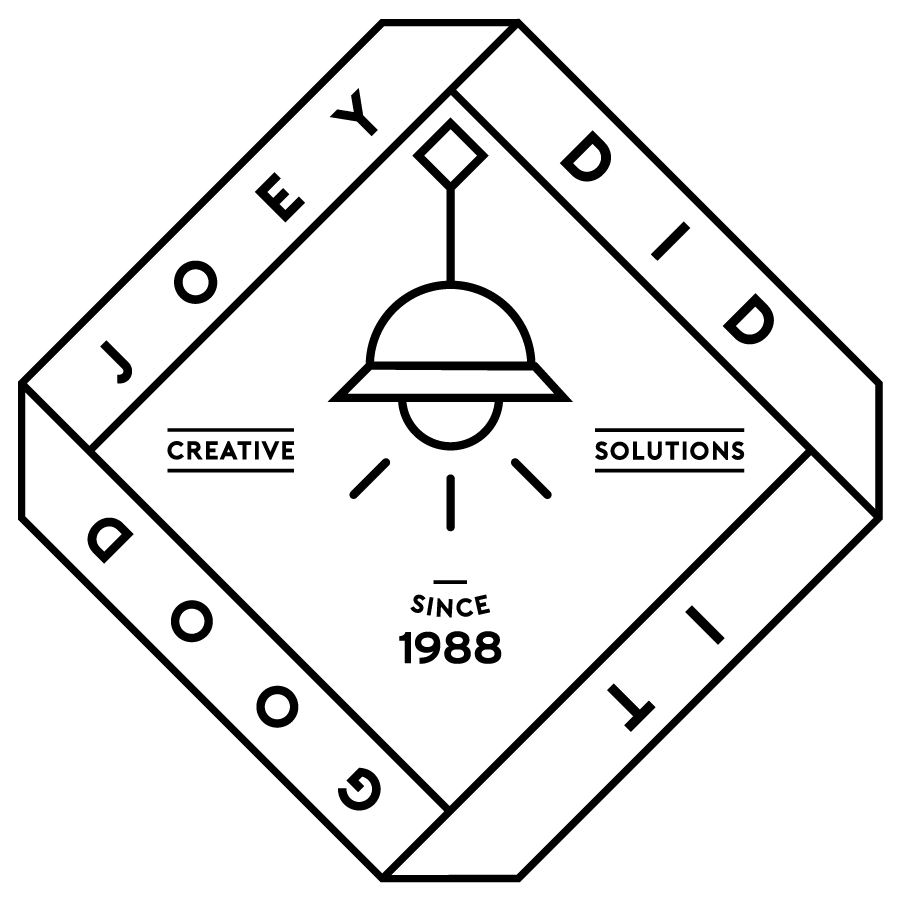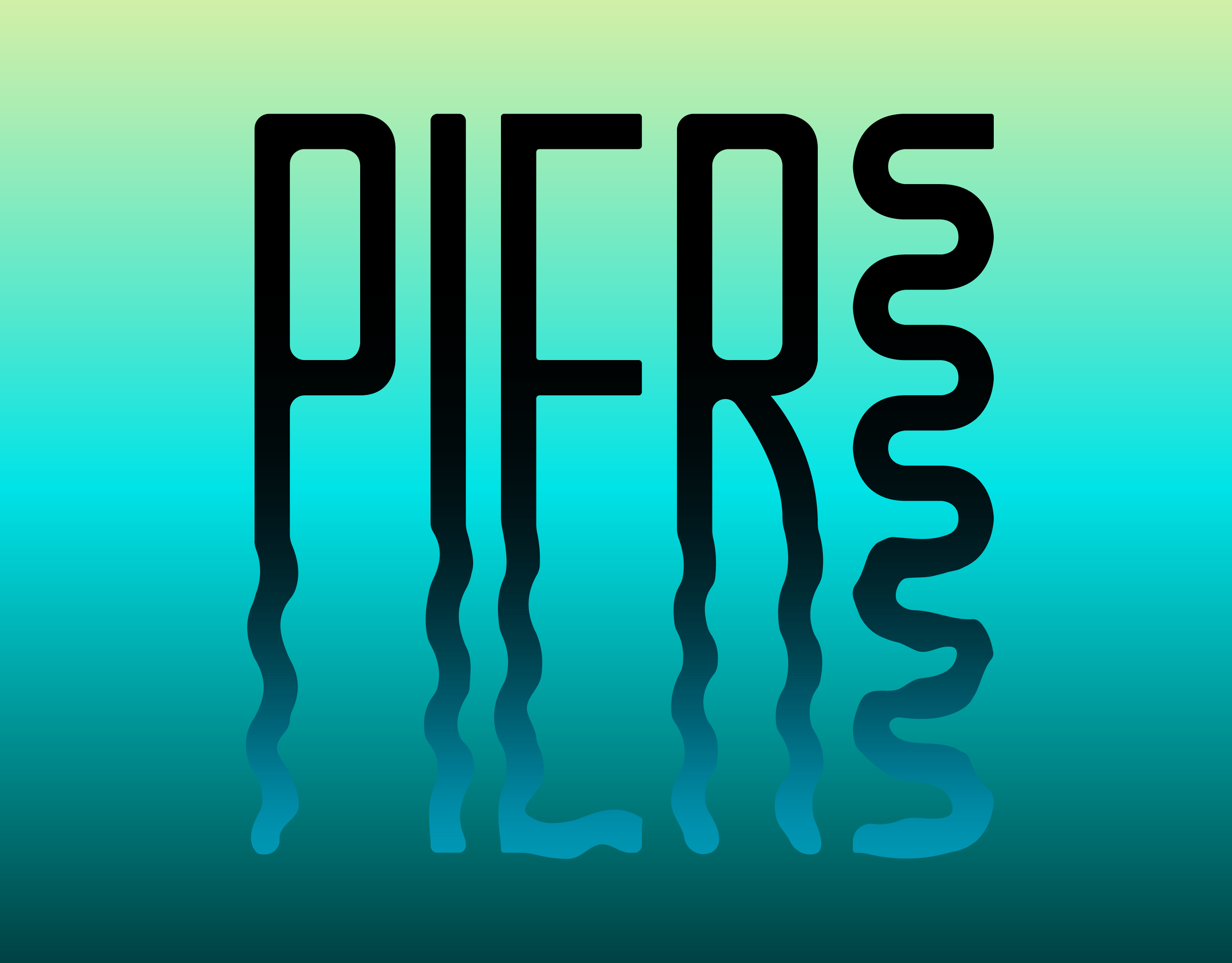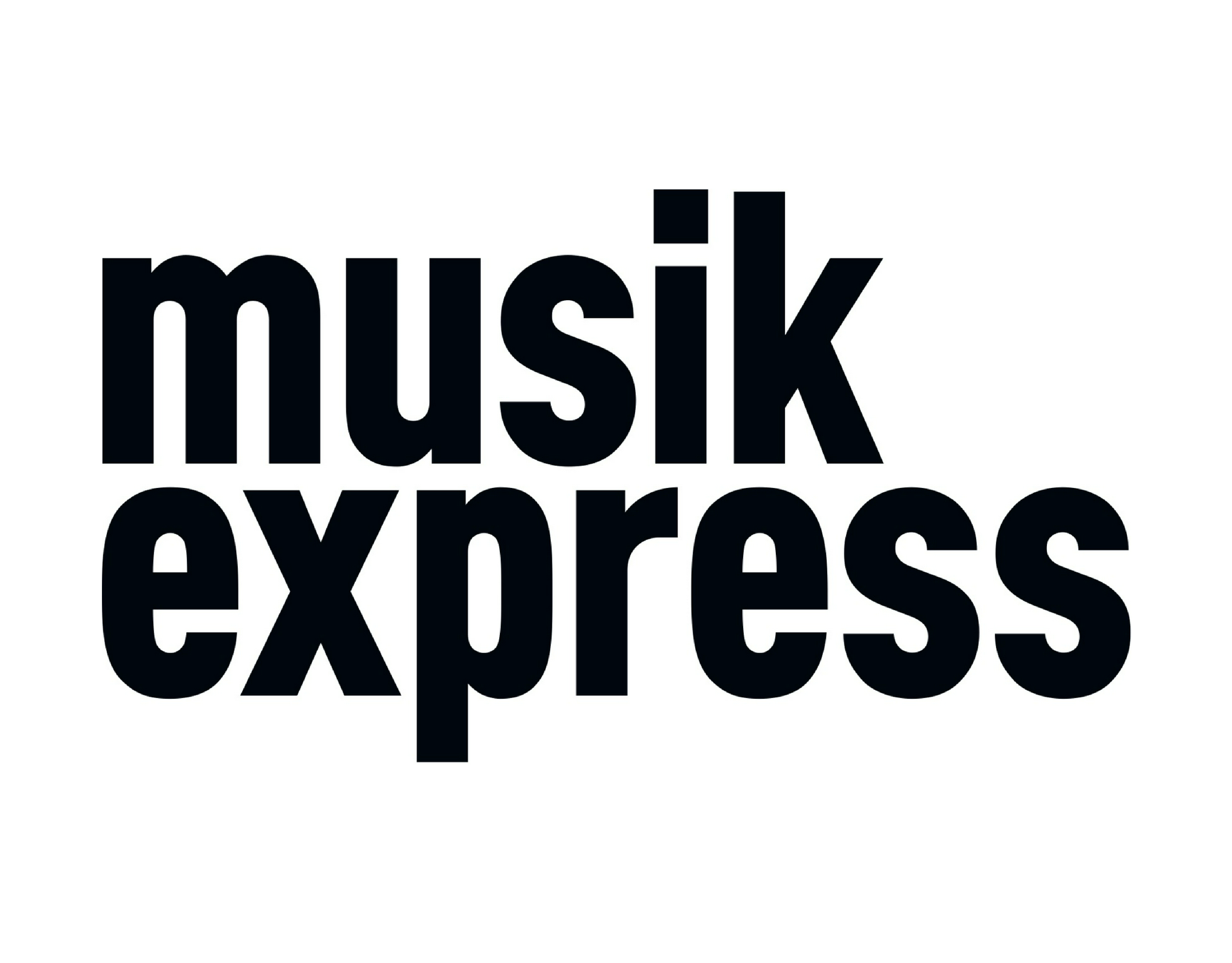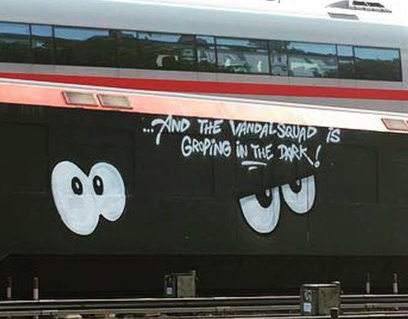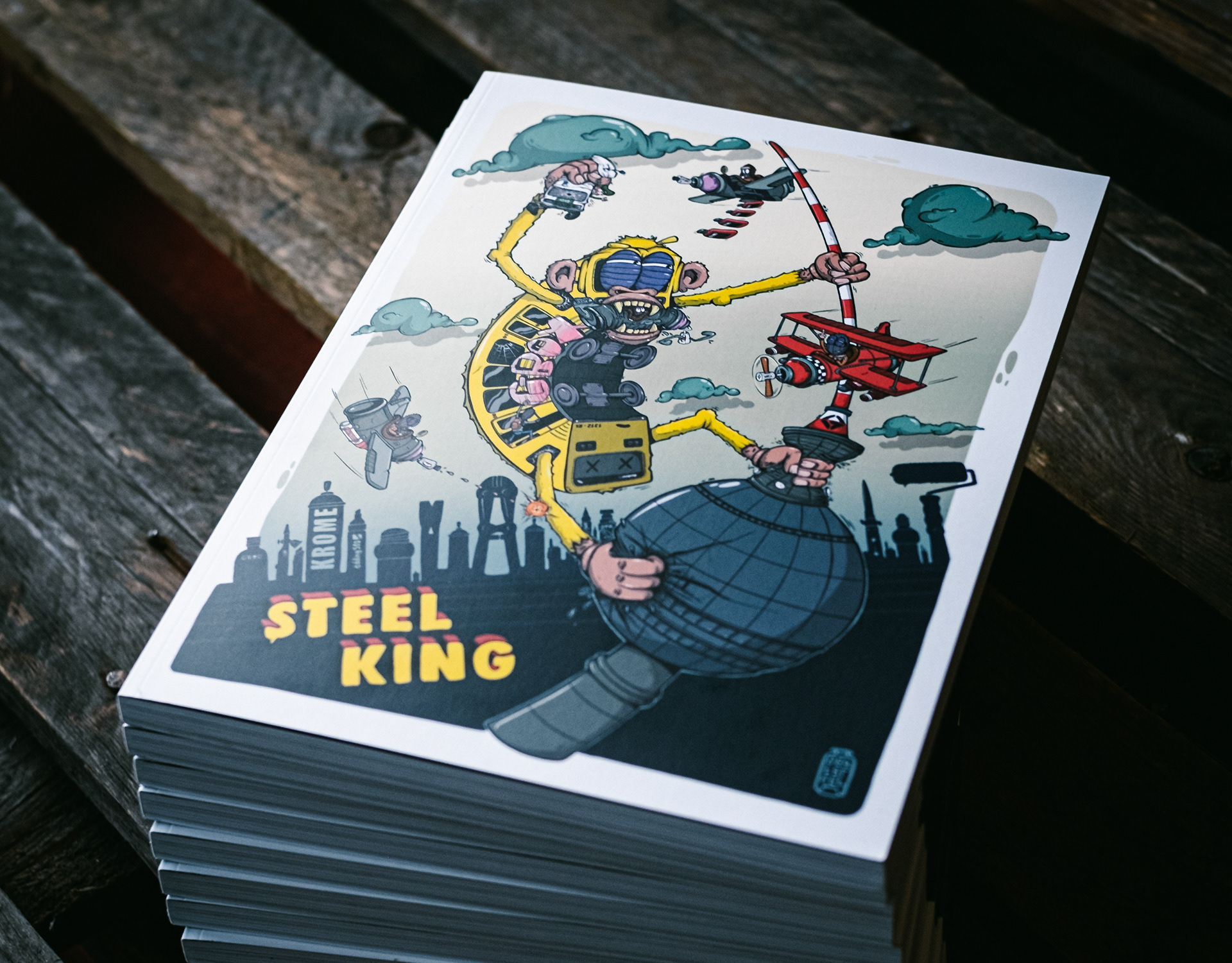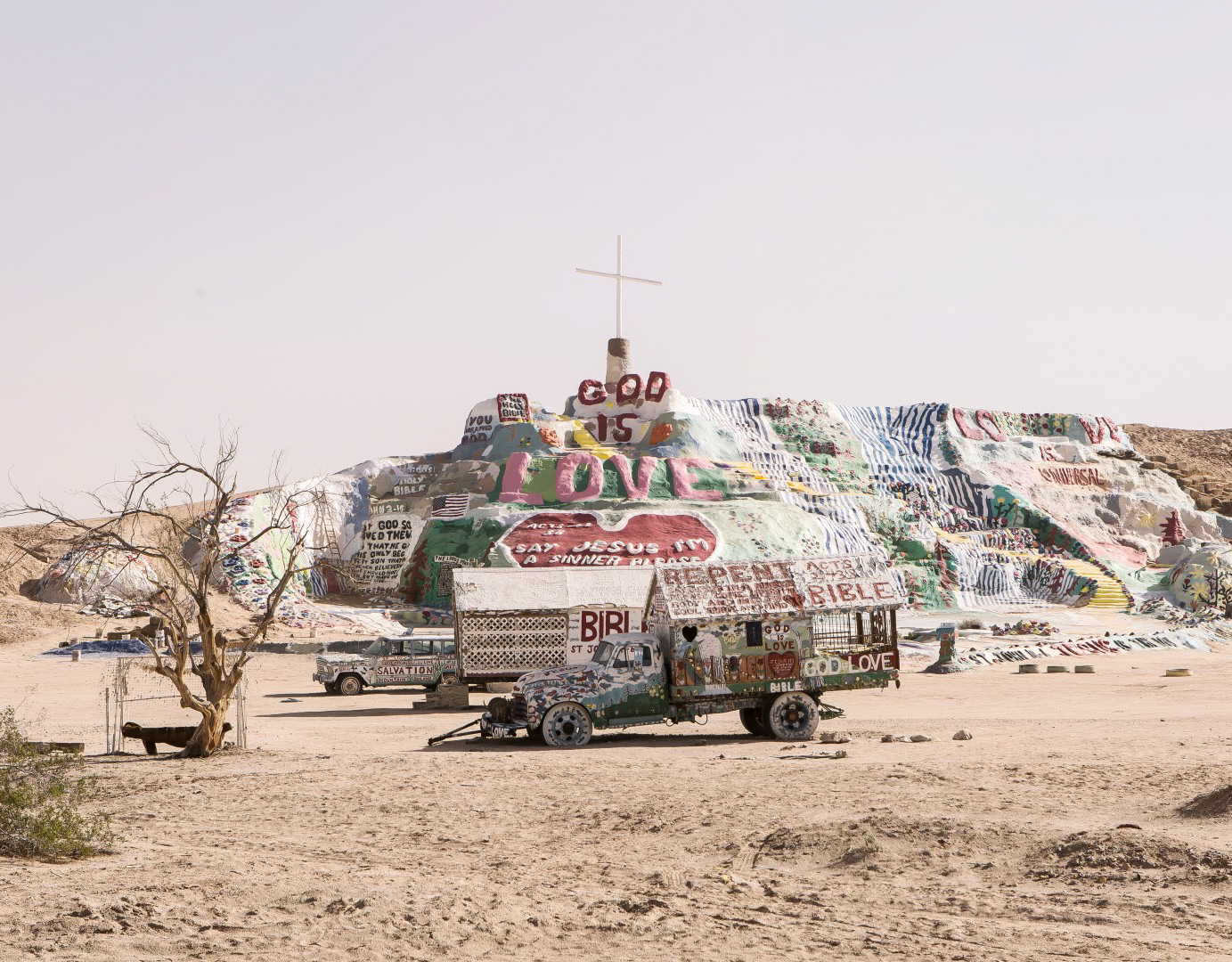The Berlin based and internationally known record label „Jakarta Records“ is one of the best current underground labels in Hip Hop. The label’s long discography includes well know artists at early stages in their careers and underground cats you never heard of before. The uniting factor throughout all releases is good music. I had the opportunity to interview Jakarta’s product manager Robert, about the label, his job, and their motivation to continue to release dope records.
How, when and why was Jakarta Records founded?
The label was founded fifteen years ago by Malte Kraus and Jannis Stürtz. They wanted to release the record of a mutual friend, Simon Werle of Werle & Stankowski on vinyl – which they did in cooperation with his former label. That was the beginning. Since then the two music lovers have released more than 150 productions and are nowadays one of the „Tastemaker-Labels“ for HipHop. Both of them have started out in their children- and student-rooms and meanwhile sit in their own office in Kreuzberg, Berlin, with connections all over the world.
What’s your job at Jakarta Records?
I’m a product manager amongst other things. I know Malte from college. We both studied „Popular Music And Media“ in Paderborn, Germany. A mutual friend brought us together again about one and a half years ago, because Jakarta Records had to handle an enormously high workload and output in the meantime – so they needed to reinforce their team. As a product manager I’m the link between everybody involved. I have to obtain the music, coordinate with the graphic designers, think about the quantity the release will be produced in and which singles will be picked. Who will do the master, when will the product go into pressing and to digital distribution, and how will the promotion go down? I accompany a release from start to finish.
Which record that you released is your personal favourite and why is that?
One of my personal highlights is the LSD-Record (JAKARTA151). That’s a collaborative record of the Detroit rap-legend Guilty Simpson and the producer Leonard Charles from New Zealand. Both of them met each other a long time ago by accident and on this occasion, Leonard played his Acid- and Psychedelic-Rock influenced sound for Guilty which he immediately liked. In the beginning a collaborative EP was planned that developed into a whole album. The productions deliver a soundscape in which Guilty’s raps never have been heard before. That mix creates an own characteristic sound, which reminds me of „Blackroc“. The project of Dame Dash brought artists like Mos Def, Jim Jones and RZA together with the Black Keys. Also the international collaboration between New Zealand, Detroit and Berlin and the artwork of Simone Cihlar is very dope and I’m thankful and proud to have been a part of this project. I also love everything Suff Daddy does and is involved in. He’s an awesome guy, and his latest record „Pompette“ contains fifteen bangers I personally really like to listen to.
What would your fifteen year old self think of the sound you guys are releasing today?
I have to think about that real quick – that must have been around the turn of the millennium. Back then I was heavily listening to the Hamburg City-, Eimsbush-, Mongo Clikke-Camp. Because of their sound and what they were talking about in their raps, I discovered and reviewed other things. For instance, when the first Wu-Tang record dropped I was in elementary school. So I would say that my fifteen year old self wouldn’t know many of the artists on Jakarta Records. I also have to add that I wasn’t that much into conscious-rap back then. I was digging other things and German rap in general was more catchy to me. Today things almost flipped, I can hardly listen to any German rap and the Jakarta sound works way better for me.
Have you ever made music yourself?
Well, my fifteen year old self definitely knew that it wanted to have something to do with music. Back then I already was interested in the credits and cross-references inside of record booklets. Also what a label actually does, for example who or what Groove Attack is and why it’s cool to release a record with them, was very interesting to me. So my fifteen year old self would probably be proud to know what I’m doing today. Though I had some tryouts with producing software myself, I neglected it later on. But regarding the others I can say that Jannis is also djing as Habibi Funk and in the meantime is in great demand internationally. He built a stable DJ-career in the last four to five years. During his off-days he’s strolling into record shops in, for example, North Africa where he diggs 7-Inches, somehow manages to get the master-tapes of the tracks, refurbishes them and tracks down the musicians or their survivors so we can re-release these rare treasures via Habibi Funk Records. Urgent recommendation: Sherhabil Ahmed – The King Of Sudanese Jazz (HABIBI013).
How does the current Covid19 pandemic influence your work as a record label?
The Corona crisis influences our work in the way that some releases have been delayed or postponed, because the artists don’t feel comfortable to release music they can’t actively promote. Also the closing of record stores due to lockdowns is noticeable in sales figures. We have our own Bandcamp shop that gets frequented more often now, but current import restrictions into the US or Japan make our job a little harder. Sure, we notice that, like probably every industry.
Which ”criteria“ have artist to meet for you to be interested in working with them?
The first record was just a feeling of the guys and like that, one thing came to another. They also have never released anything they didn’t like and the most important thing is that it’s unique, that it has something special, that the vibe is right and that you say to yourself: ”Hey, that’s cool, we have to do this, we want to be involved, this could work“. It also would be nice to initiate a long term collaboration, but we obviously don’t force anybody to stay longer than they want to. That’s also how it happens that Anderson Paak, who is now on Aftermath/Interscope, releases a record via Jakarta, or that Kaytranada released an album via Jakarta (for Europe) – who is signed to XL Recordings and Sony Music nowadays.
How important is vinyl for your label and how important are the big streaming platforms?
Vinyl still is our heart. We all started with it and normally all our releases are pressed on vinyl. You just have to know whether you can sell two hundred units of a project or two thousand. After fifteen years in the game you get that expertise to a certain degree. So vinyl continues to stay important. However we observe, like the music industry as a whole, that the CD is as good as dead. But the streaming game is also important and gains in significance. Our releases being placed in a curated playlist is quite fine. Since Jakarta Records stands for a certain sound, attitude and above all quality, tracks released by us are felt and accordingly well recognised. Also, the opportunities for artists themselves, meaning the self-representation on your own channel, the placement of your own social media channels and live dates, your own playlists – all of this is important. Of course we also have our own playlists at Apple Music and Spotify and even a curator account on Apple Music.
Are you looking for new ”talent” yourself or are artists rather approaching you?
That generally works via ”word of mouth”. It’s not like we have our own A&R-department that is listening to SoundCloud all day. But Malte and Jannis still are extremely up to date, observe everything and know what’s up. Sometimes Jannis gets to know somebody at a DJ-gig and they start exchanging tracks afterwards. Or you are very lucky and someone sends you an awesome demo, or friendly artists recommend somebody, or Suff Daddy spontaneously does an EP with Eloquent (JAKARTA161 „Misery Funk“) during his quarantine. That all depends on the situation.
What motivates you as a label to continue to release good music?
The motivation is to stay on the same level of quality and dope, relevant output, to continue to release good sound and good albums, to function economically, and to keep it all fresh.
Which one of your releases would you recommend to somebody who wants to start to busy oneself with your label now, as an introduction?
Well, I would recommend the ”Seasons in Jakarta“-Sampler (JAKARTA141) for sure. That’s a compilation from last summer, that shows the whole spectrum of label related artists and still displays the coherent soundscape of the label. The sampler is available on all platforms and conveys what Jakarta Records stands for very well.
